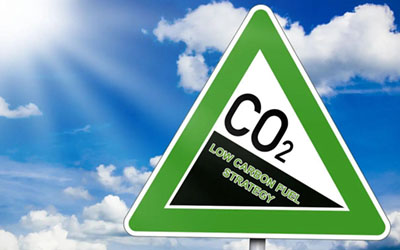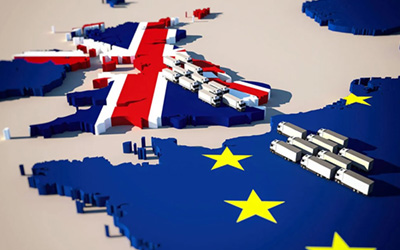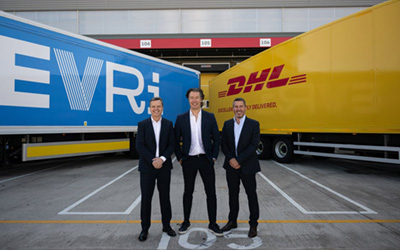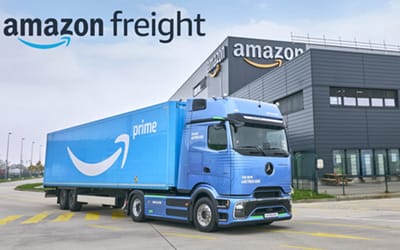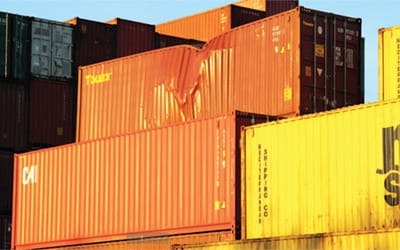Low Carbon Fuels Strategy To Be Published May 2024
SARR Logistics UK has learned that the long-awaited Low Carbon Fuels Strategy (LCF) is to be published in May 2024 it is poised to revolutionize the energy landscape, offering a sustainable solution to combat climate change. This strategy encompasses various approaches aimed at reducing carbon emissions across industries while promoting economic growth. Let’s look at what this low carbon fuels strategy means and the potential of the transformation.
Understanding The Strategy
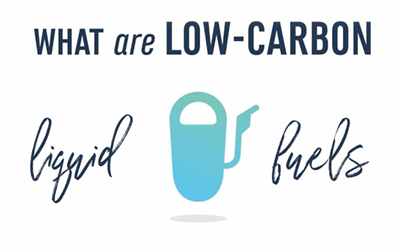 The Low Carbon Fuels Strategy entails a comprehensive plan to shift from traditional fossil fuels to alternative energy sources with lower carbon footprints. It encompasses a range of initiatives aimed at minimizing greenhouse gas emissions throughout the fuel production, distribution, and utilization processes.
The Low Carbon Fuels Strategy entails a comprehensive plan to shift from traditional fossil fuels to alternative energy sources with lower carbon footprints. It encompasses a range of initiatives aimed at minimizing greenhouse gas emissions throughout the fuel production, distribution, and utilization processes.
Importance of the Transition
The transition to low carbon fuels is imperative in mitigating the adverse effects of climate change. By reducing carbon dioxide and other harmful emissions, this strategy helps curb global warming, preserve natural resources, and safeguard ecosystems for future generations.
Key Components of a Strategy
A successful low carbon fuels strategy integrates multiple components, including renewable energy development, energy efficiency measures, and sustainable transportation solutions. It emphasizes innovation and collaboration among stakeholders to drive meaningful change on a global scale.
Benefits of Low Carbon Fuels
 Environmental Advantages
Environmental Advantages
One of the primary benefits of adopting a low carbon fuels strategy is its positive impact on the environment. By reducing reliance on fossil fuels and changing to renewable energy sources such as solar, wind, and biofuels, we can significantly decrease carbon emissions and mitigate air and water pollution.
Economic Benefits
In addition to environmental gains, embracing low carbon fuels offers substantial economic advantages. Investing in clean energy technologies fosters job creation, stimulates innovation, and enhances energy security. Furthermore, it reduces our dependence on volatile fossil fuel markets, leading to long-term cost savings and economic stability.
Implementation of a Strategy
Policy Frameworks
Effective implementation of a low carbon fuels strategy requires supportive policy frameworks at local, national, and international levels. Governments play a pivotal role in enacting regulations, incentivizing clean energy investments, and fostering collaboration among industry stakeholders.
 Technological Advancements
Technological Advancements
Advancements in technology are instrumental in driving the transition to low carbon fuels. From renewable energy generation to energy storage and transportation solutions, innovative technologies are continuously evolving to make clean energy more accessible, affordable, and efficient.
Challenges and Solutions
While the benefits of low carbon fuels are evident, various challenges hinder widespread adoption. These challenges include technological barriers, infrastructure limitations, and resistance from entrenched fossil fuel industries. Addressing these obstacles requires concerted efforts, innovative solutions, and sustained commitment from governments, businesses like the fuel giants Shell and communities a like.
Future Prospects
Emerging Trends
Looking ahead, the future of low carbon fuels strategy appears promising, with emerging trends such as hydrogen fuel cells, carbon capture and storage, and sustainable aviation fuels gaining traction. These innovations hold the potential to further reduce emissions, enhance energy efficiency, and accelerate the transition to a low carbon economy. Extended Producer Responsibility (EPR) new regulations 2024 This means some packaging producers will need to carry out 3 data submissions for the 2024 compliance year, are you compliant? check here! Governments implementing infrastructure for zero emission on HGV and coaches.
Potential Advancements
Advancements in materials science, renewable energy technologies, and policy frameworks are poised to drive further advancements in low carbon fuels strategy. From smart grids and decentralized energy systems to circular economy principles, the possibilities for sustainable energy solutions are vast and exciting.
Conclusion
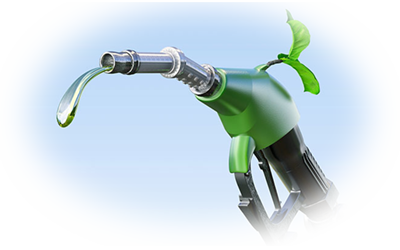 In conclusion, the Low Carbon Fuels Strategy to be published in May 2024 offers a transformative roadmap for addressing climate change while fostering economic prosperity and environmental sustainability. By embracing clean energy technologies, implementing supportive policies, and collaborating across sectors, we can build a brighter, greener future for generations to come. At SARR Logistics UK we are keeping in touch with our corporate responsibility and trying to do as much as we can for some insight into what we are doing please see our Road to Net Zero page.
In conclusion, the Low Carbon Fuels Strategy to be published in May 2024 offers a transformative roadmap for addressing climate change while fostering economic prosperity and environmental sustainability. By embracing clean energy technologies, implementing supportive policies, and collaborating across sectors, we can build a brighter, greener future for generations to come. At SARR Logistics UK we are keeping in touch with our corporate responsibility and trying to do as much as we can for some insight into what we are doing please see our Road to Net Zero page.
SARR Logistics UK
With a legacy built on trust, backed by extensive experience, a global network, and a customer-centric approach, SARR Logistics UK emerges as the ultimate partner for all your freight forwarding needs. We are in touch with our corporate social responsibility (CSR) and try to cut down our carbon footprint on a daily basis. If you would like to know more reach out to us today and experience a seamless, efficient, and dependable shipping solution tailored to elevate your business. For further inquiries and to explore how SARR Logistics UK can help you contact our team today.


